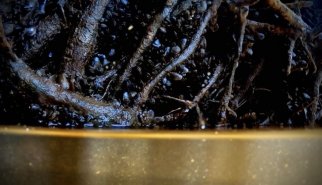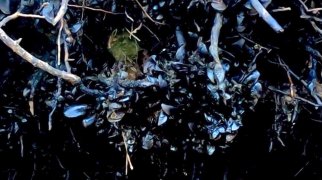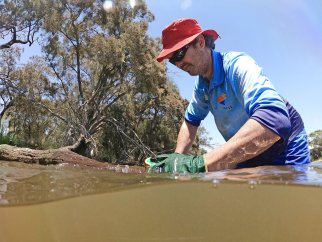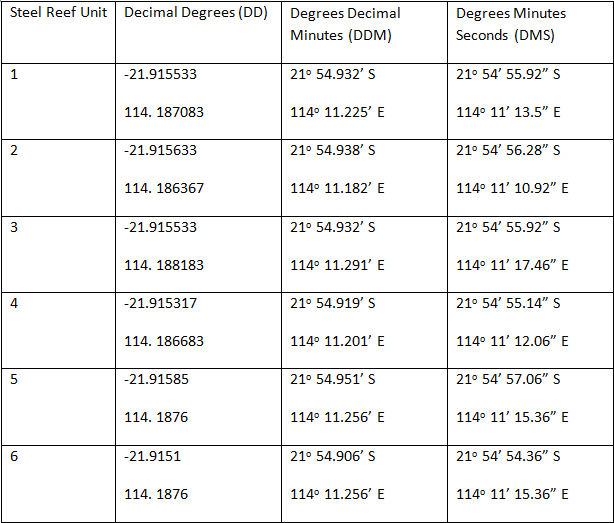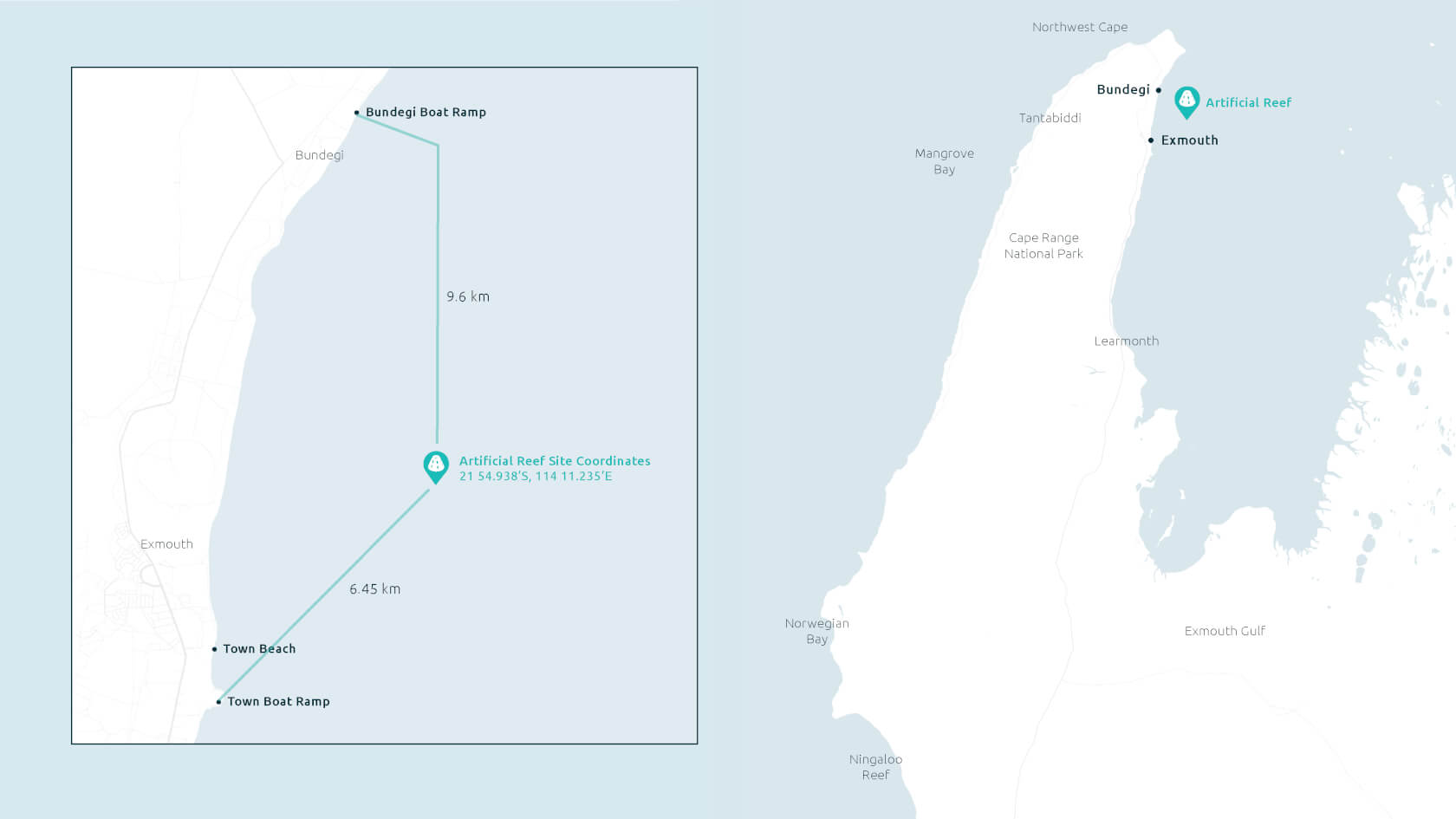A new trial project by Murdoch University will be providing valuable evidence to support future habitat enhancement and restoration projects in our estuaries.
The project is to encourage the growth of black bream’s favourite food the black pygmy mussel.
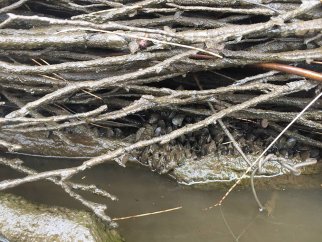
We support projects such as this as fishing experiences rely on plentiful fish stocks which in turn require healthy and productive aquatic ecosystems. This is especially true in estuarine environments, which act as important nursery habitats for many key recreational fish species.
In the case of the black pygmy mussel, not only do they filter the water preventing algal blooms and fish kills, but the mussels are also an important food for black bream. More mussels mean more food for bream, thereby improving the bream’s growth rate and body condition. This means bigger and better bream which in turn will mean better fishing experiences.
Newly hatched black pygmy mussels are called spat and these spat like to settle on logs, branches, pylons, rocks and any other submerged habitat. Unfortunately, filamentous algal also like to settle on this structure and once the algae have settled there is no room for the mussels to settle and grow.
This project has two main parts.
Part one – Snag for a Snag
Part one of the project involves volunteers brushing algae off snags in the upper Swan River when the mussels are spawning creating an abundance of habitat for mussel spat to settle on. Strong colonisation of these snags by mussels will then preclude future growth of algae and provide an ongoing food source for black bream in the Swan River.
To date there have been three volunteers cleaning days to make habitat available for mussel spat. Check out the video of these cleaning days below.
https://www.facebook.com/alan.cottingham.96/videos/689862281837445/
Part two – Swan River’s first mussel reef trial
The second part of this project involves the deployment of a mussel reef, the first of its kind in the Swan River estuary system. Not only will this reef increase diversity of habitat around the flats in the estuary basin it will also improve the general health of the Swan River. Mussels, filter-feeders by nature, are already attached to these deployed reefs and will immediately begin to consume plankton and non-living material from the water column, in turn improving light penetration and growing conditions for aquatic vegetation plants.
Check out the video of this reef below
‘’Mussels can positively affect an ecosystem by its capacity to filter water and greatly improve the health of the water system in which they inhabitant,’’ Project coordinator Alan Cottingham says.
You can see the difference they make in a tank full of water here.
Having healthy fish habitats is key to having healthy and sustainable recreational fisheries and Recfishwest is proud to support programs and initiatives that help keep our environment healthy.
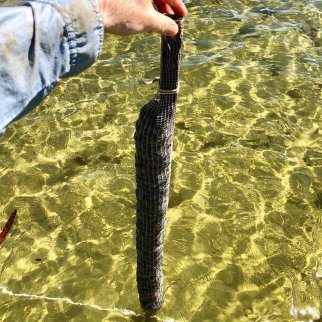
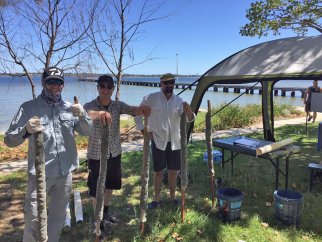
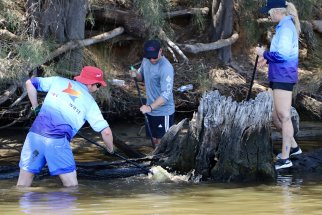
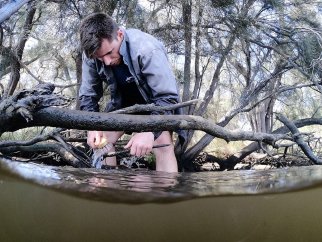
This project was funded by the Recreational Fishing Initiatives Fund and is a great initiative in providing better habitat which supports better fishing.
You can read more about this exciting project by visiting the RFIF page – Swan River Habitat Restoration.
